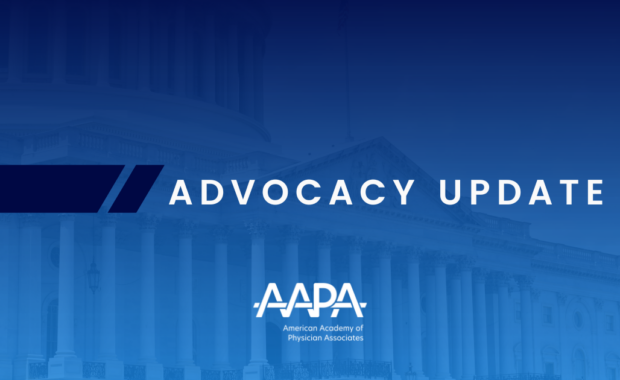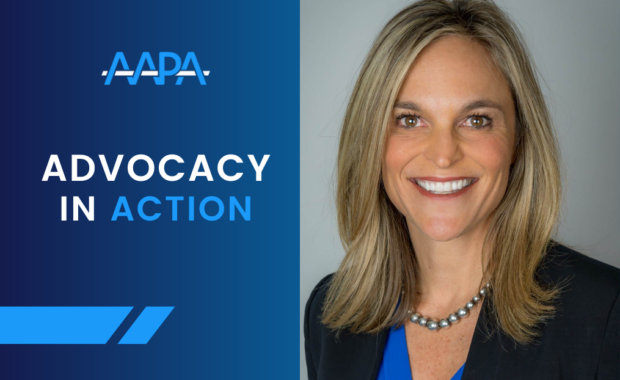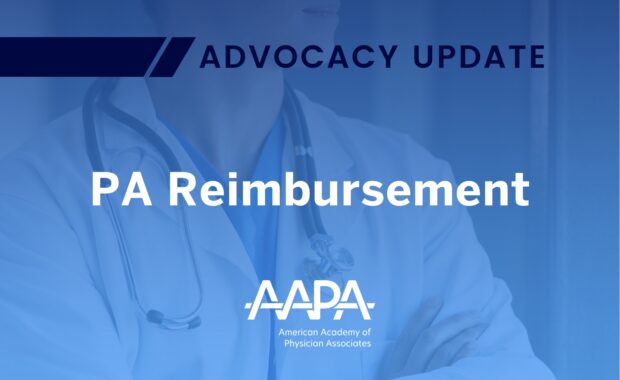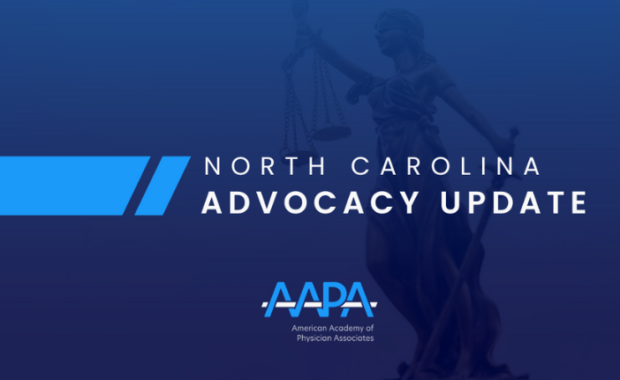The One Big Beautiful Bill Act (H.R. 1): What Every PA Needs to Know
AAPA has prepared an overview to ensure the PA community remains fully informed about the impact of the One Big Beautiful Bill Act (H.R. 1) on PAs and their patients.
July 16, 2025




